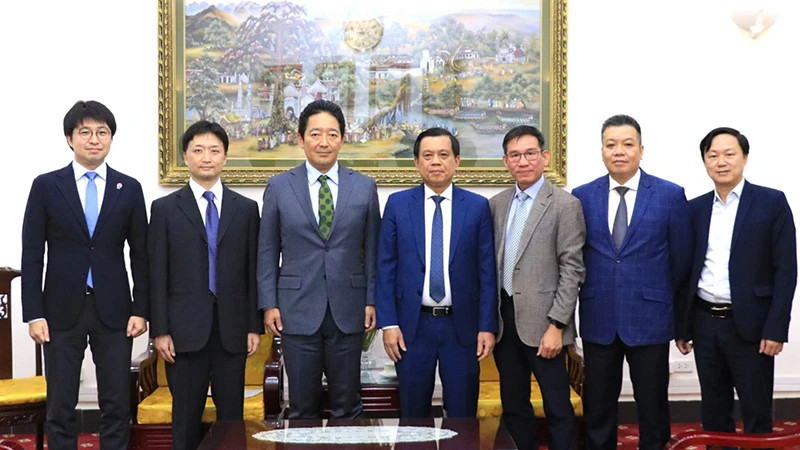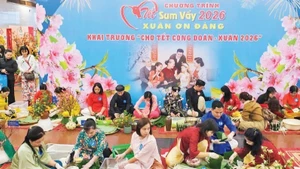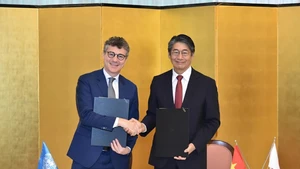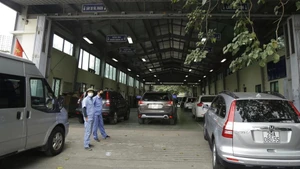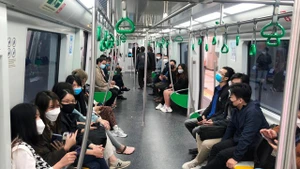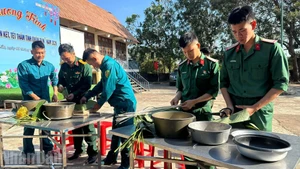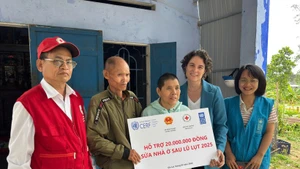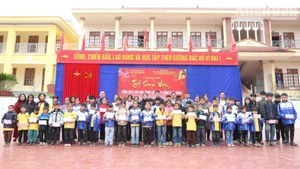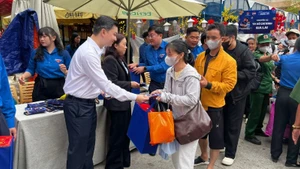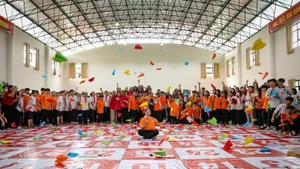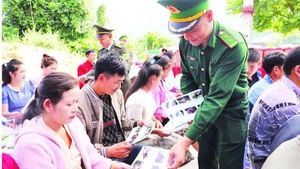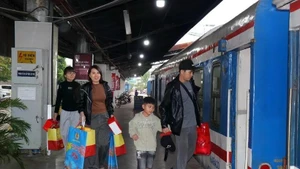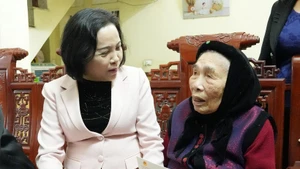Nguyen Ba Hoan, Deputy Minister of Labor, Invalids, and Social Affairs (MoLISA), hosted a reception for Japan's Deputy Ambassador to Vietnam Ishikawa Isamu in Hanoi on the afternoon of September 24, who made a courtesy visit at the start of his new term in Vietnam.
Both sides affirmed that the Vietnam-Japan cooperation has never been better than it is today. Labour cooperation between the two countries is becoming increasingly valued and has seen remarkable development.
Ishikawa Isamu extended his sympathies regarding the severe damage caused by Typhoon Yagi in Vietnam. He shared that the Japanese government, through the Japan International Cooperation Agency (JICA), has decided to send aid to Vietnam to help those in affected areas recover from the natural disaster and stabilise their lives.
According to Ishikawa Isamu, around 570,000 Vietnamese currently live and work in Japan. Vietnam ranks first among 15 countries sending interns and workers to Japan.
Deputy Minister Nguyen Ba Hoan said that many programmes and projects, such as the Technical Intern Training Programme, the Specified Skilled Worker Programme, and the Programme for sending Vietnamese nurses and caregivers to work in Japan under the Vietnam-Japan Economic Partnership Agreement (VJEPA), have been implemented under the collaboration between the MoLISA and Japan.
These efforts have yielded significant results. In recent years, the number of Vietnamese workers going to Japan has accounted for more than 50% of the total number of workers sent abroad annually.
This is a very positive outcome, reflecting the remarkable progress in the programmes for sending and receiving Vietnamese interns and workers to Japan.
To strengthen and promote cooperation in the field of labour and human resource training, Deputy Minister Nguyen Ba Hoan proposed that the relevant Japanese authorities expedite negotiations with their Vietnamese counterparts to move toward signing a government-level memorandum of cooperation (MoC) on the sending and receiving of workers under the Labor Training Programme.
